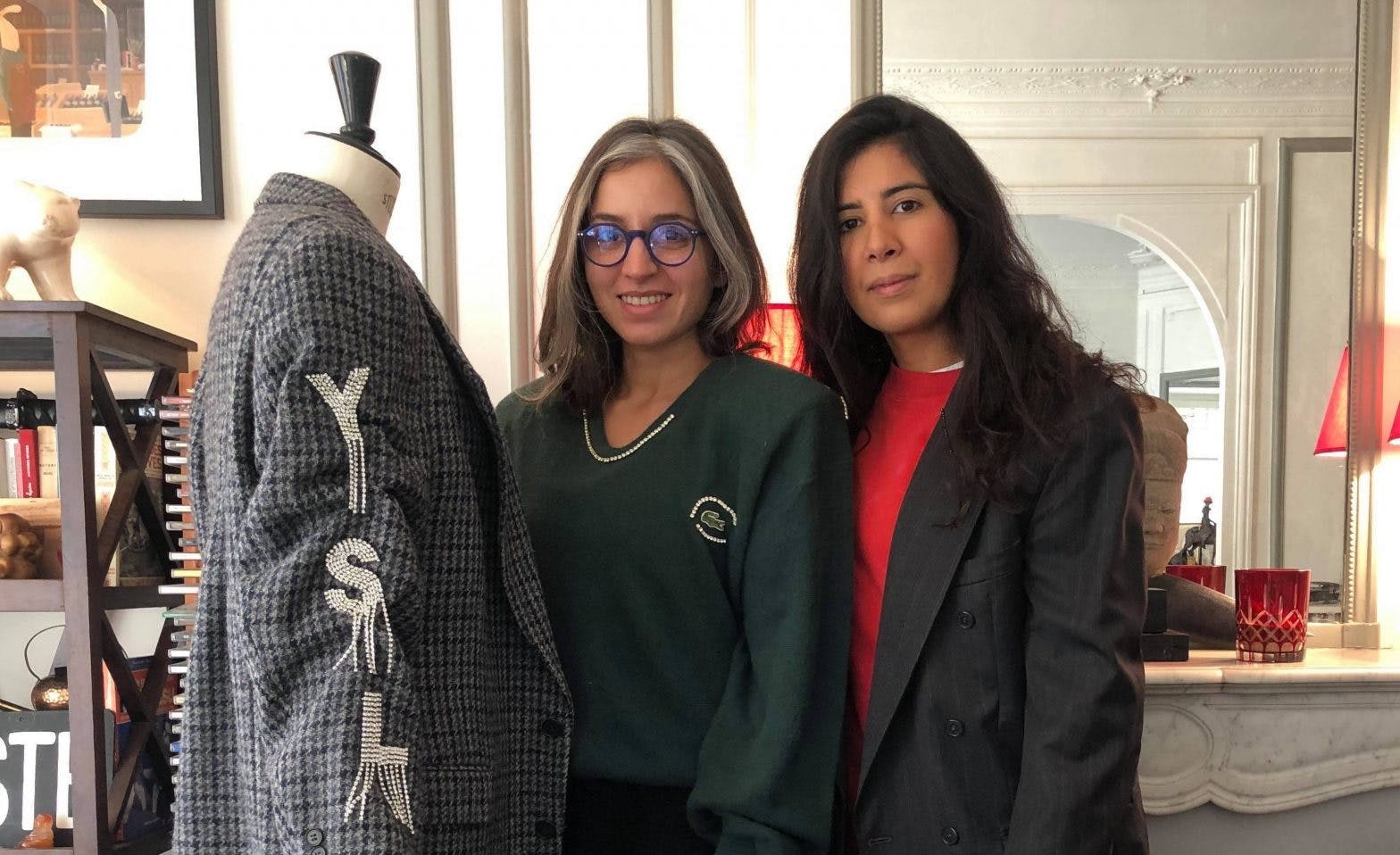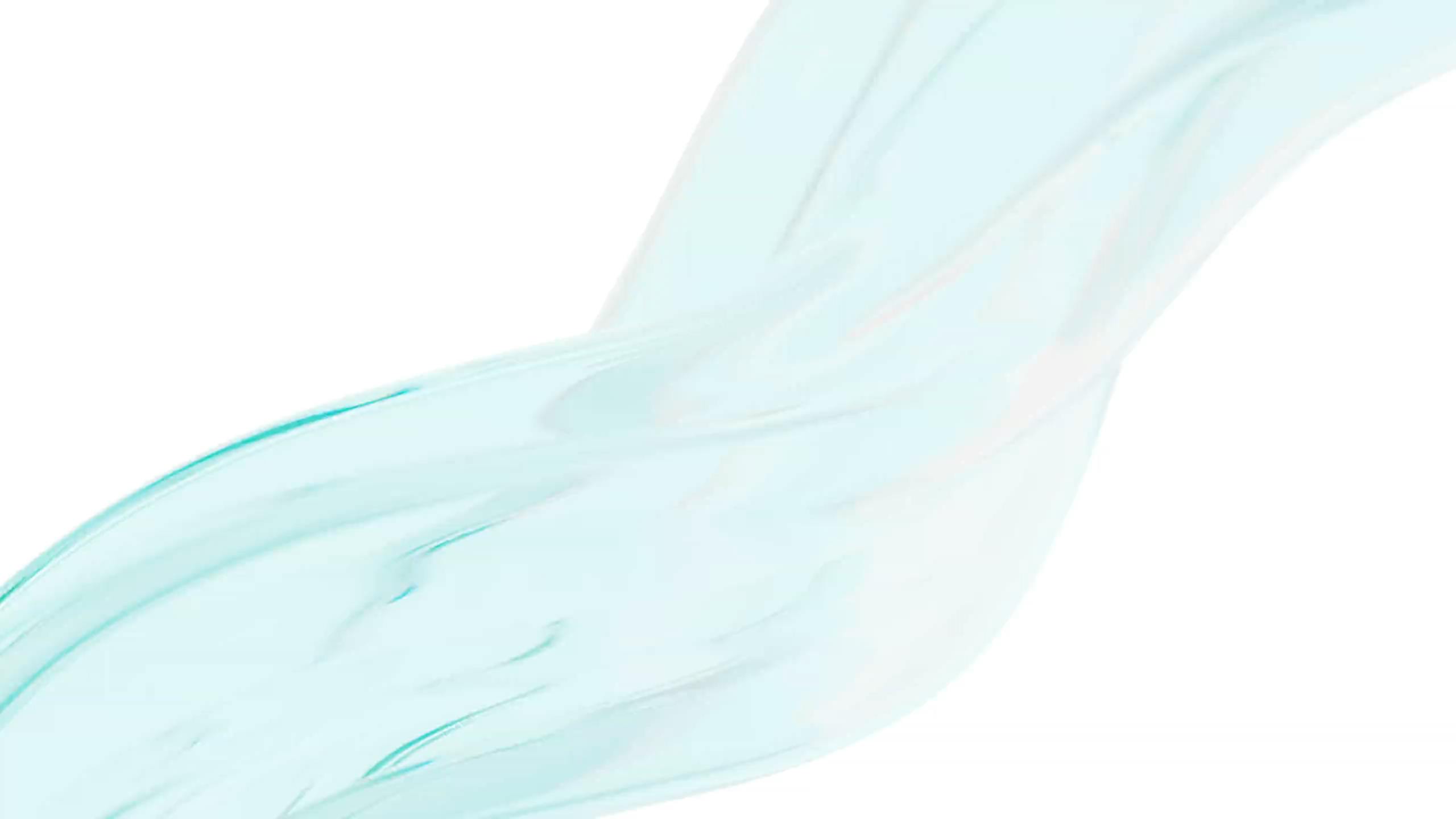
Rebirth Your Wardrobe
Interview with Khadija Ben Achour and Salma Jnifene, Co-Founders of Rebirth.
Khadija and Salma are old friends who have always been passionate about fashion and vintage clothing. They are both Tunisian and are now living in Paris, France.
“In June 2020, we decided to become business partners and created Rebirth with the objective of giving a second life to abandoned pieces of clothing that would otherwise be considered as dull or not trendy. We upcycle and customize each item uniquely to create a one of a kind statement piece.”
Khadija is extremely fond of discovering vintage treasures and revamping her findings. “I have always preferred to have unique and special items. I used to always take my pieces to the tailor to help me customise them.”
Salma is a Fashion designer with experiences at Prada and Margiela during which she had opportunities to explore upcycling to produce collections. When she started her own fashion brand ‘Pigante’, Salma was quickly choked by the amount of waste that was produced by the industry. “When I first launched my brand, I used to go to fairs in order to discover and buy fabrics. They would only agree to sell huge quantities, people would buy these quantities, overproduce and burn or discard all the extras.” Salma wanted to source differently for her brand and decided to create unique pieces using upcycled fabrics.
Today they upcycle and customize garments with Rebirth. “We love exploring. We complement each other, Salma has the fashion background and technical skills that I don’t have myself” shared Khadija. Sustainability is at the core of both girls’ DNA and they wanted to translate it through Rebirth. As the brand operates both in Tunisia and in France, in order to have minimal environmental impact and carbon footprint everything is sourced locally.
“We aim to convey to everyday consumers that sustainable fashion is more simple than commonly thought and does not require new purchases, but can be done through relooking what is already in your wardrobe.” Khadija and Salma believe that sustainability lies in what already exists. “Is it hard not to be tempted by fast fashion; but these are clothes that will be worn one season and then forgotten. It is amazing to be able to give a second life and a second chance to clothes that have been existing for so long.”
The mindset of conscious consumption is something deep rooted in Tunisian culture and inspired the girls in their journey of building Rebirth. “The way people consume fashion is slower in Tunisia compared to France and other European countries.” The textile industry has always been a pillar of the Tunisian Economy. Millions of tons of clothes arrive each year from Europe to be filtered and reconditioned in Tunisia before being sold back to European countries. One part of these garments will end up on the Tunisian second hand market; which is an integral part of Tunisian Fashion and is almost a cultural phenomenon. Sunday mornings are reserved for the “Frippe”, local flea markets that are full of vintage and luxury treasures.
Moreover, it is a common practice for Tunisians to retouch their clothes at local tailor shops, or to have clothes that are tailor made due to the low cost of fabrics. For most, it is unthinkable to throw away clothes. The culture of upcycling is also deep rooted, especially with the older generations who constantly find ways to reuse old pieces of clothing.
However, according to Salma and Khadija, there are several actions that still need to be implemented in Tunisia. “We need to learn how to rethink the way we produce and consume. People are accustomed to upcycling their clothes but unfortunately the recycling space is still limited. It is fundamental to install and develop more recycling facilities on a national scale.” Every year thousands of tons of textile waste, in which used clothes are received by National Dumpsites. “Many companies still burn their waste today, and thus the government should provide support to companies that implement sustainable solutions.”
On the bright side, a general wave of consciousness has been born, where many designers are gradually using more sustainable ways of producing fashion using alternative materials, recycling or upcycling fibers and garments. Ethical and sustainable solutions are becoming indispensable.
During the years following the Tunisian Revolution, the country has seen the emergence of many young and talented designers, with most of them aiming to promote and revive the rich cultural heritage and ancestral techniques through local sourcing and local production. Sustainable fashion is gradually becoming embedded in the vision of the new generation of Tunisian Designers, of which Khadija and Salma are making their mark.
TIPS TO CONSUMERS:
- Maximise the use of clothes you already own
- You don’t need to have 40 blazers, you can learn to style one piece to fit different occasions (eg: Same blazer could be worn with a shirt for a serious style at work, and with a sweatshirt for a casual Sunday look).
- Retouch your old pieces of clothing that become too small or too big, don’t throw them!
TIPS TO CUSTOMIZE YOUR ITEMS:
- Dye your clothes
- Play with length and volumes
- Add some embroidery to give a couture style to your pieces.





